
Previously, it was assumed that Iran, under significant international pressure, had abandoned plans for an imminent large-scale attack in response to the assassination of Hamas leader Ismail Haniyeh in Tehran on July 31—a claim Israel has neither confirmed nor denied.
Instead, it was expected that Iran would delegate its response to Hezbollah, the Lebanese militant group. Hezbollah's top military commander, Fuad Shukr, was killed by Israel in an airstrike in Beirut shortly before Haniyeh's assassination. Israel had accused Shukr of orchestrating numerous attacks on civilians, including a rocket strike last month that killed 12 children in Majdal Shams.
However, recent reports suggest that Israel now anticipates a direct Iranian attack within days, possibly before new ceasefire and hostage negotiations scheduled for Thursday. Inside Iran, there is a split over the response strategy: President Masoud Pezeshkian favours a more measured approach, while the Islamic Revolutionary Guard Corps advocates for a more significant attack compared to the one on April 13-14, which was Iran’s first direct assault on Israel involving hundreds of drones and missiles. Most of these projectiles were intercepted during that attack.
Israeli Defense Minister Yoav Gallant has communicated with U.S. Defense Secretary Lloyd Austin, indicating that Iran’s military preparations suggest a large-scale attack may be imminent.


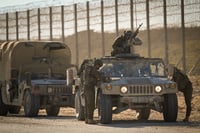
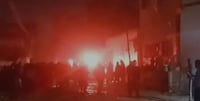
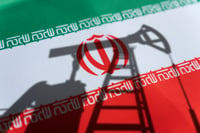
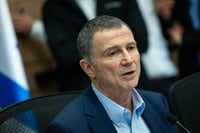

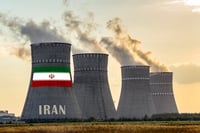
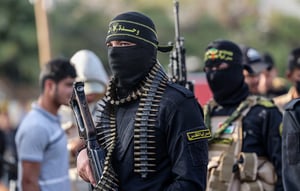


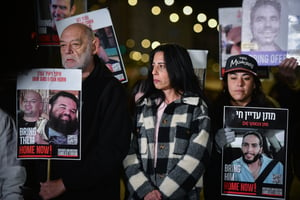


0 Comments